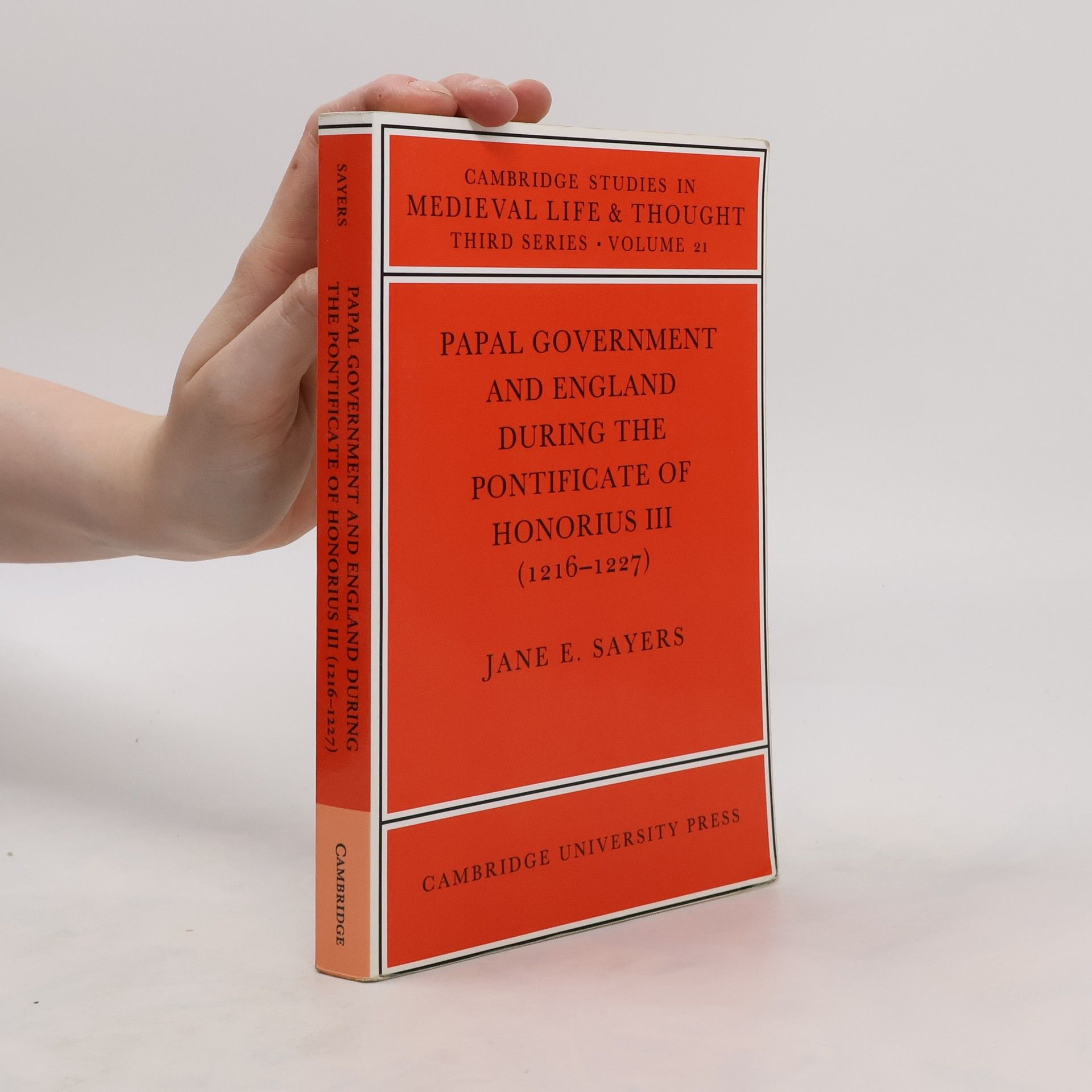Politics, Finance and the Church in the Reign of Edward II
- 264 Seiten
- 10 Lesestunden
Walter Stapeldon, fifteenth bishop of Exeter, was the founder of Exeter College, Oxford, and the greatest of Edward II's treasurers of the Exchequer.
Diese Reihe taucht tief in die reiche und komplexe Welt des Mittelalters ein und konzentriert sich auf das tägliche Leben und die Denkprozesse dieser Zeit. Sie untersucht zentrale Aspekte der damaligen Gesellschaft, Kultur und intellektuellen Entwicklung, die diese faszinierende Epoche prägten. Jedes Buch bietet tiefe Einblicke in verschiedene Themen, von Religion und Politik bis hin zu Kunst und Wissenschaft. Es ist unerlässlich für jeden, der die mittelalterliche Denkweise und ihr bleibendes Erbe verstehen möchte.




Walter Stapeldon, fifteenth bishop of Exeter, was the founder of Exeter College, Oxford, and the greatest of Edward II's treasurers of the Exchequer.
Logic, Theology and Philosophy in the Early Middle Ages
Focusing on the Carolingian Renaissance, this study explores the emergence of philosophical thought in the late eighth century, highlighting how theologians began to engage with logical inquiry. Key themes such as essence, the Aristotelian Categories, and the problem of Universals are examined through the works of significant figures like Alcuin and John Scottus Eriugena. The author utilizes a fresh analysis of manuscript sources and provides critical editions of previously unpublished early medieval philosophical texts, shedding light on the intellectual environment of the time.
Economic Relations Between the Norman Kingdom of Sicily and the Northern Communes
The book explores the economic dynamics of twelfth-century Italy, focusing on the interconnected commercial interests of the Norman Kingdom of Sicily and the maritime ports of Genoa, Pisa, and Venice. Utilizing largely untapped archival sources, it details how northern Italian merchants sought to expand their influence in Sicily through agreements with Norman rulers and other powers. The text highlights Sicily's role as a key exporter of wheat and cotton, illustrating a division between an agrarian south and an industrializing north, driven by the exploitation of southern resources.
This study of the administrative 'revolution' of the thirteenth-century papacy investigates the background and career of Honorius III, who was deeply involved in the developing administration of Chamber and Chancery from the late twelfth century, and reveals a picture of evolution rather than revolution in the papal offices of state. Honorius's Chancery is subjected to a vigorous examination. Valuable appendices list all the known papal scribes and provide diplomatic commentaries. Tables indicate details about the registers and the registrative system. The central machinery is shown in action, particularly in dealing with English affairs and petitioners and Honorius's place in the development of canon law is discussed in relation to the English background and experience.